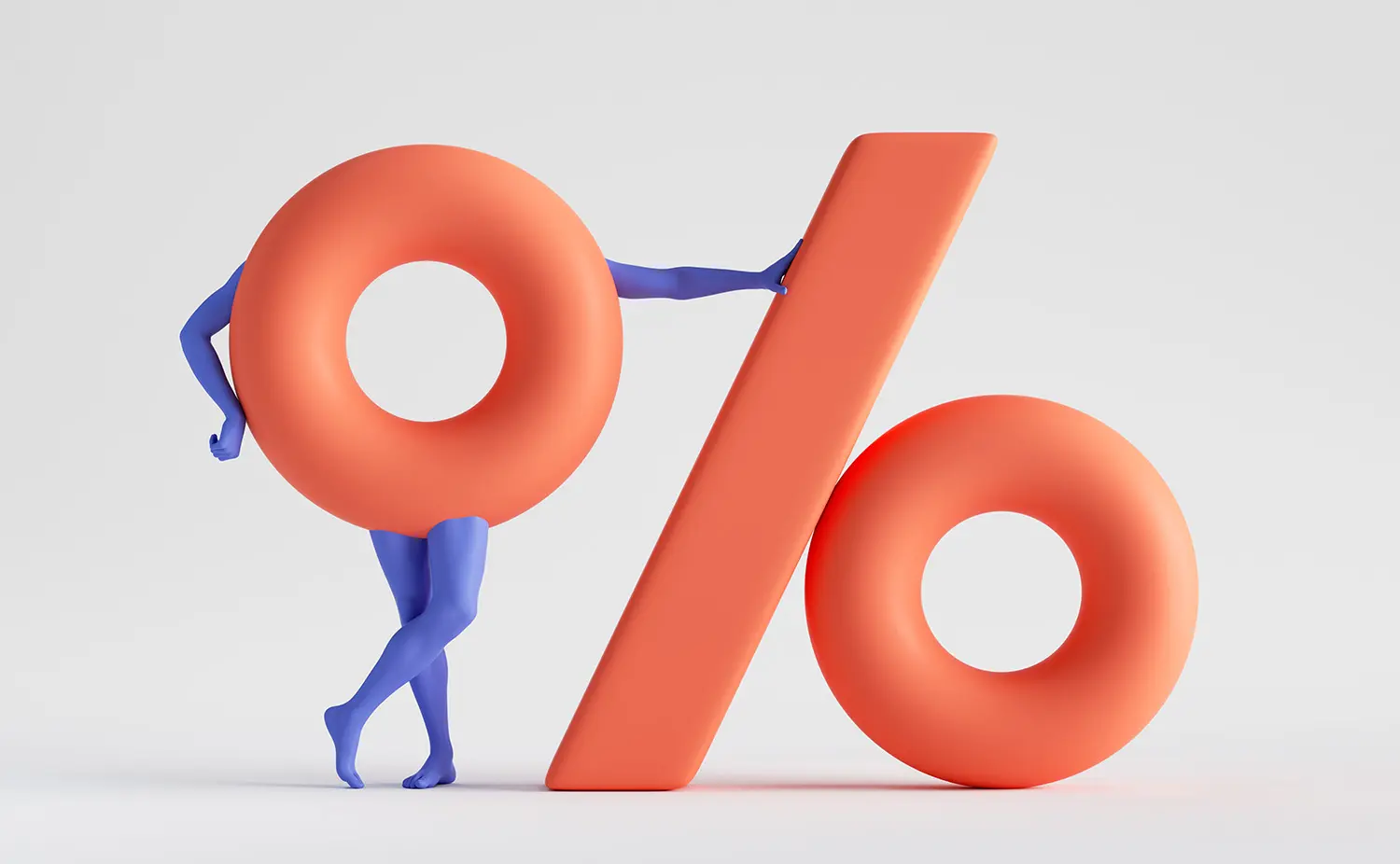What is Collaborative Divorce?
Collaborative divorce is a credible alternative to litigation for couples seeking to end their marriage. As part of this process, you will work with a team of collaborative professionals from various fields to create a parenting plan and divorce agreement that works best for the family. You can choose your own team from a vast network of collaborative professionals to achieve all your goals. Collaborative practices are developed to help and encourage spouses to work together in a respectable manner where they can stay focused on giving priority to protecting all involved parties (most importantly, the children) from any conflict induced trauma. The final objective is to achieve a win-win situation for all parties to the conflict. Decisions are made by the parties without involving a judge, a third-party decision maker, or the court. In collaborative divorce, all participants including the professional team members sign a contract agreeing to reach a settlement agreement without going to the court. All team members are committed to the idea of solving problems jointly through open communication. The contract is useful in precluding anyone that threatens a court battle. Attorneys of the two parties can help the participants transition to traditional representation if all efforts to settle the divorce fail. Furthermore, even in such an unusual scenario, it’s noteworthy to point out that some aspects of the dispute would have been resolved with a signed written agreement. Clients generally find it more effective to work together in resolving their differences in the future after going through the collaborative divorce process. There are also fewer issues remaining to be decided by a judge.
Members of a Collaborative Team
Collaborative team is made of specially trained professionals that have undergone the modules stipulated within the Collaborative Interdisciplinary Team Model as outlined by the International Association of Collaborative Professionals (IACP). The team will usually include a divorce coach and an attorney for each party. A child specialist and a financial analyst may also be asked to join the collaborative team when needed. It’s vital for all collaborative professionals to meet the standards set by the International Association of Collaborative Professional (IACP). You and your spouse should feel fully supported by the collaborative team throughout the process, even when an agreement is reached.
Is a Divorce Coach Helpful?
Divorce coach is a unique role created within the collaborative practice. They don’t act as therapists even though they are required to hold a valid license in mental health and have a minimum number of years’ experience. Divorce coaches are experts in the divorce process and trained to help separating couples navigate their emotional concerns. They attain this by enhancing communication between the couples and all other involved participants. You may have two separate divorce coaches or a single one to manage emotions and not let them overshadow important decision making. Divorce coaches lend valuable help when working with couples around parenting issues and developing a parenting plan. A divorce coach is not the team therapist. Stemming from this, their deep understanding of the divorce process and vast experience makes them an essential member of the collaborative team. They work with both spouses in helping them overcome emotional hurdles and hiccups within the divorce minefield.
Is Collaborative Divorce the Right Choice?
Collaborative divorce is usually the right choice for everyone in most situations, except: (a) when a spouse doesn’t want to get a divorce; when the spouses present a danger to each other in the same room; or when one party has a history of domestic violence or abuse. In most other circumstances, it is an excellent choice because you and your spouse can be spared the costs, stress, and total loss of control over the outcome when you choose collaborative divorce. You will be provided with the necessary support and information throughout the process. You and your spouse will share the expenses of the financial expert, divorce coach, and child specialist. The best part in a collaborative divorce process is that the control remains in the couple’s hands.
Emphasis on Protection of Privacy
Divorce can be a highly public event. Stemming from this, the collaborative divorce process makes it private and confidential, which is appealing for couples that don’t want their private affairs made public. The professional team and divorcing couples enter into an agreement not to go to court and instead to negotiate their disputes in a respectful manner through a series of confidential meetings. These meetings are never made part of any public record. In a court battle, anyone from the public, including the media can come inside and watch. Collaborative divorce provides an essential benefit in the form of protecting privacy and confidentiality. There is minimal paperwork that needs to be filed with the court and these only contain limited facts. Generally, spouses don’t need to personally appear in court after a collaborative divorce. All decisions and agreements are made outside of court. Your judgment packet is submitted to the court for the judge’s signature and approval. Confidentiality and privacy are hallmarks of the collaborative divorce process. It ensures that details regarding a family, their assets, and liability remain out of public view. Spouses that are concerned about their family income or issues about debts and liabilities becoming public usually choose collaborative divorce for its inherent benefits. Parents may want to choose Collaborative Divorce process to protect their children and keep them away from sensitive issues.
Collaborative Divorce Helps in Preserving Relationships
Everyone involved in a war need to choose sides, including the bystanders. Unfortunately, where family tiffs are concerned, people start considering each other as the enemy. In contentious divorces, it is easy for friends, children, and extended family to get sucked into different camps. In most cases, relationships are lost forever. Collaborative divorce works to preserve relationships. This is both within the wider community of friends and extended family as well as the immediate family. The divorce coach and other team members will constantly remind both parties that they are not having a war. You and your spouse will be explained the benefits of transitioning into a different kind of family. No one really needs to choose sides. In the end, you will appreciate creative solutions for making the transition easier so that it feels like a win-win situation for all. Parents find the numerous benefits of creating a polite business-like co-parenting relationship priceless. They create a mutually acceptable non-blaming “divorce story” to be shared with the wider audience and community.
Collaborative Divorce can Help You Avoid Court Interference
You can save money and time while keeping things as amicable as possible with an out-of-court divorce settlement. Collaborative divorce also allows for a durable and expansive resolution, which places the children and their needs as a priority. This is a comprehensive settlement process that doesn’t involve the courts and provides complete control to the couple for resolving differences and reaching a negotiated resolution. It’s vital to realize that the collaborative process requires deep commitment from all parties. The process will end immediately if either spouse decides to pursue adversarial litigation. Attorneys of both parties will withdraw from the case. This makes it pivotal for both parties to have a collaborative commitment. It can have a far-reaching positive impact because collaborative divorce ensures that everyone is committed to working with a supportive team. The end goal is to settle all issues in a manner that works best for the post-divorce wellbeing of the family.
Collaborative Divorce can Help You Avoid Court Interference
Both mediation and collaboration have their specific sets of pros and cons. And, it is true that both choices won’t necessarily be the best in all cases. The approach to be used should be determined based on the unique circumstances of your divorce, availability of reliable collaborative divorce specialists and mediators in your area, and your individual preferences.
These are a few common factors that usually play a role in deciding.
The salient features of divorce mediation include:
- You work with a single neutral mediator that guides the negotiation
- Mediator is powerless to decide the case
- Flexible
- Informal
- No obligation to hire any other adviser, including an attorney
- Less time consuming than adversarial litigation
- Efficient and inexpensive as compared to litigation
The key features of collaborative divorce are:
- Spouses need to be represented by collaborative lawyers
- Spouses and attorneys need to sign an agreement that says the attorneys will withdraw in case the divorce goes to court
- Involves 4-way meetings
- Attorneys may recommend involving other collaborative divorce specialists
- Informal and flexible
- Less expensive and more efficient than litigation
Factors Favoring Collaborative Divorce
Allows for separate legal representation
Spouses that desire the guidance of separate attorneys looking out for their particular interests every step of the way may find collaborative divorce a better choice. For instance, your divorce may involve complicated financial or legal issues that you don’t feel competent enough to negotiate. You may also find it more comfortable to work with a professional and have someone to confer with at every turn. Where collaborative divorce is concerned, both attorneys can guide the different aspects of the divorce case. This approach can fulfill the desire to have separate attorneys address individual needs throughout the representation process.
Power imbalance dynamics in your relationship
Many spouses have long-standing dynamics in their relationships that leave one or both of them feeling that they are at a distinct disadvantage during negotiations and conversations. This is particularly true when difficult subjects are being addressed. Things can be easier when you have the added structure and insulation provided by collaborative divorce guide your discussions. Many spouses find it easier to express their views and the things they find important when they have an experienced collaborative divorce specialist by their side. You may even find the enhanced confidence refreshing, especially in the face of your spouse’s disapproval. Dominant spouses that are prone to hijacking conversations may find it more fruitful to have a supportive divorce attorney nudge them occasionally into respectful silence.
Factors Favoring Mediation over Collaborative Divorce
Greater control and flexibility over negotiations
Mediation is usually more flexible as compared to collaboration. The best part is that you can start the process by calling in one outside specialist – the mediator. You, your spouse, and the mediator can begin discussing the divorce process and how to go about things. In addition, there is nothing stopping you from adding other specialists to the process as and when required. You don’t need to necessarily pay for other professionals to be actively involved in the process. Mediation is more flexible as compared to collaboration where different procedures are concerned. Collaborative attorneys are usually part of collaborative groups with their own rules and protocols that apply to the handling of a divorce case. This can be a good thing as it helps in minimizing the risk of miscues between professionals. Pertaining to this, in most cases, the trade-off means that you won’t have autonomy over the process. You and your spouse will have less input in how and when things happen in the divorce. You don’t need to worry about that in mediation. You and your spouse will directly work with a neutral mediator to decide the substance of negotiations and the process of the divorce.
Greater efficiency and cost benefits
Mediation is always considered more cost-effective and efficient as compared to collaborative divorce. Even from a logistical standpoint, it’s added cost when you have to coordinate the calendars of 4 or more professionals, with at least two of them having a busy routine. This time-consuming endeavor will prevent you from focusing on the important aspects of the divorce. The active participation of two attorneys and several other professionals will almost certainly inflate the cost of the process. You don’t need to worry about these added costs when going through divorce mediation. You and your spouse can meet with the mediator alone. You can keep things flexible by consulting with divorce attorneys and other experts only when necessary.
Accomplish Your Divorce Goals and Priorities with Alternative Divorce Solutions
The experienced alternative dispute resolution team at the Lerner Conflict Resolution Center has helped numerous struggling couples come to terms with their divorce needs and part ways in an inexpensive, time-efficient, and non-adversarial manner. If you are pursuing a divorce alternative in California, our knowledgeable and compassionate mediators and collaborative divorce specialists can help you find a mutually agreeable and respectful common ground to achieve the desired outcome in your divorce.
If you and your spouse are unable to settle the terms of your divorce and want to involve professionals while keeping things out-of-court, you should schedule a free consultation with the Lerner Conflict Resolution Center today. Give us a call at 657-232-0382 or complete this online contact form.


